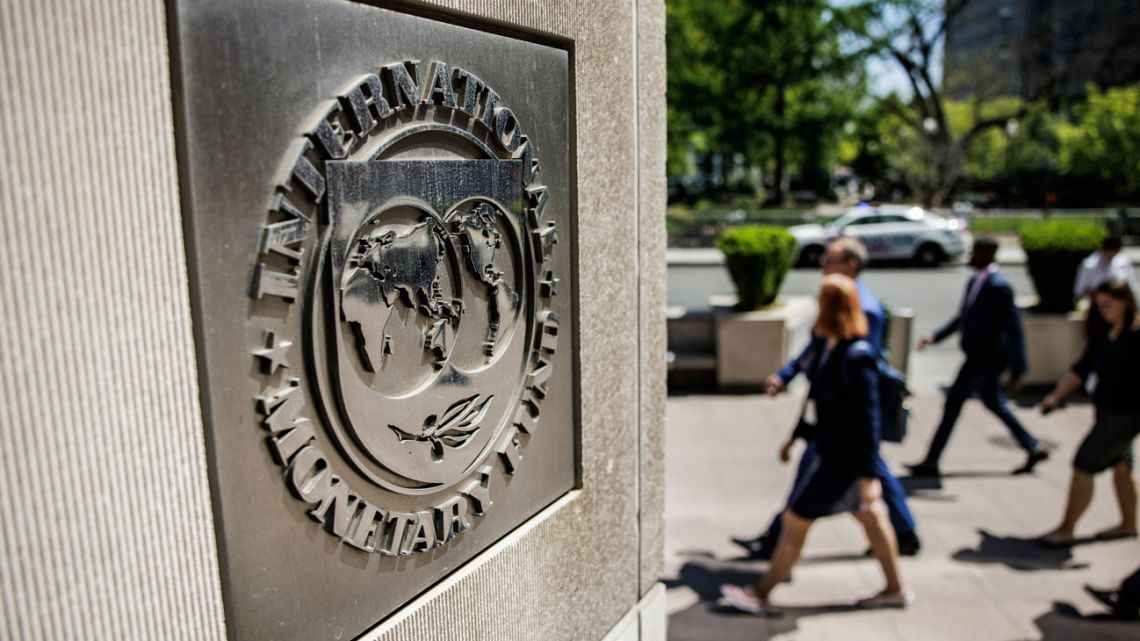Oil prices experienced their second consecutive day of losses, but they maintained the $80 mark, concluding the week positively. The Brent crude contracts for March settled down 0.61% at $80.79 per barrel on the Intercontinental Exchange in London.
Despite this dip, Brent recorded a weekly increase of 1.12%, marking its fourth consecutive week of gains. Meanwhile, West Texas Intermediate (WTI) contracts for March fell 0.59% to $77.39 per barrel on the New York Mercantile Exchange.
However, WTI still managed a weekly rise of 2.15%. The recent decline in oil prices stems from reduced tensions in the Middle East, following Israel’s security cabinet approval of a ceasefire agreement in Gaza.
This decision enables the return of hostages from Gaza as early as Sunday, November 19, and brings an end to 15 months of conflict. In the first phase of this three-stage agreement, Hamas will release 33 Israeli hostages.
This group includes all women, children, and men over 50 years old. In exchange, Israel will free all women and Palestinian youths under 19 held in Israeli prisons by the end of this phase.
 Oil Prices Drop but End Week with Gains Over 1%. (Photo Internet reproduction)
Oil Prices Drop but End Week with Gains Over 1%. (Photo Internet reproduction)The total number of Palestinians released may range from 990 to 1,650, depending on the number of hostages freed. If successful, this ceasefire could further ease hostilities in the region.
Escalating Gaza Conflict
The Gaza conflict has expanded to involve Iran and its allies—Hezbollah in Lebanon, the Houthis in Yemen, and armed groups in Iraq—along with tensions in the occupied West Bank.
Additionally, on the previous day, the Houthis indicated a potential end to their attacks on ships in the Red Sea. These assaults had disrupted global shipping for over a year, forcing companies to reroute their vessels around Africa at higher costs.
Throughout the week, oil prices rose over 1% due to U.S. sanctions on Russian oil and their ongoing effects on market dynamics. Investors remain cautious about how President-elect Donald Trump will approach this issue when he assumes office on Monday, November 20.

 By The Rio Times | Created at 2025-01-17 22:17:42 | Updated at 2025-01-18 02:05:17
4 hours ago
By The Rio Times | Created at 2025-01-17 22:17:42 | Updated at 2025-01-18 02:05:17
4 hours ago








